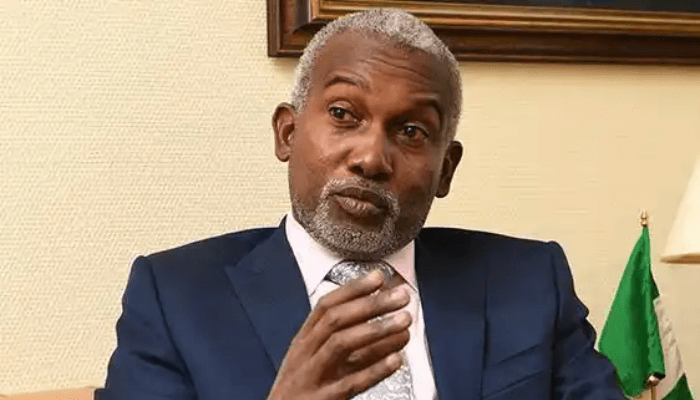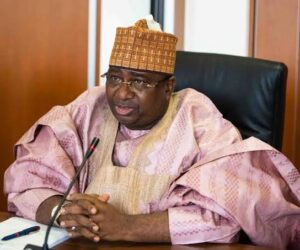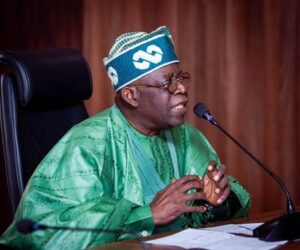Yusuf Tuggar, Minister of Foreign Affairs, has called for a recalibration of the country’s foreign policy to align with the realities of a rapidly evolving global order.
Delivering a lecture at the Nigerian Institute of International Affairs (NIIA) in Lagos, titled “Navigating Realities: Aligning Nigeria’s Foreign Policy Practice with Emerging Global Dynamics,” Tuggar said the world is undergoing profound changes that demand a fresh diplomatic approach from Africa’s most populous nation.
Addressing an audience of diplomats, academics, and policymakers, the Minister praised the NIIA for more than six decades of intellectual leadership in shaping Nigeria’s external engagements.
He described the Institute as a vital compass that has guided Nigeria’s foreign relations since independence.
Tuggar recalled the country’s historic role in the liberation of Southern African states such as Zimbabwe, Namibia, Angola, and Mozambique, as well as its leadership in the fight against apartheid in South Africa.
He also highlighted Nigeria’s contributions to peacekeeping missions in Liberia, Sierra Leone, Sudan, and The Gambia, in addition to its leadership in the founding of the Economic Community of West African States (ECOWAS) in 1975.
“The world is transitioning into a multipolar order influenced by forces such as climate change, artificial intelligence, terrorism, migration, and widening inequality”, he noted.
He compared today’s shifts to the Cold War era, when Nigeria advanced doctrines such as non-alignment, the Concert of Medium Powers, and the Concentric Circles strategy to safeguard its independence amidst superpower rivalries.
Turning to economic diplomacy, Tuggar warned against repeating the mistakes of the past, when African nations were caught between the Lagos Plan of Action and the Washington Consensus, often to their detriment.
He stressed that Nigeria must avoid over-reliance on raw material exports or externally imposed policies.
Instead, he said, President Bola Tinubu’s Renewed Hope Agenda is rooted in “Strategic Autonomy,” anchored on the four pillars of Nigeria’s foreign policy: Democracy, Development, Demography, and Diaspora.
He described this approach as pragmatic, leveraging Nigeria’s size, resilience, and moral standing to strengthen the nation’s global influence while prioritising Africa.
“Africa remains the centerpiece of Nigeria’s diplomacy, citing the African Continental Free Trade Area (AfCFTA) as a pathway to integration and prosperity”, Tuggar emphasised.
He also pointed to cooperative security structures such as the Multinational Joint Task Force (MNJTF), ECOWAS, and the African Union as key frameworks for addressing regional threats.
The Minister further underscored Nigeria’s commitment to democratic governance, unveiling the Regional Partnership for Democracy (RPD), an initiative of the Foreign Ministry in collaboration with the United Nations Development Programme (UNDP).
The programme, he said, seeks to strengthen democratic institutions across West Africa, promote inclusive governance, and create avenues for dialogue, even amid political disagreements.
Tuggar reaffirmed Nigeria’s determination to remain a respected and self-reliant actor on the world stage.
He pledged that the country would continue to build constructive, issue-based partnerships without compromising its principles of justice, equity, and Africa’s advancement.








